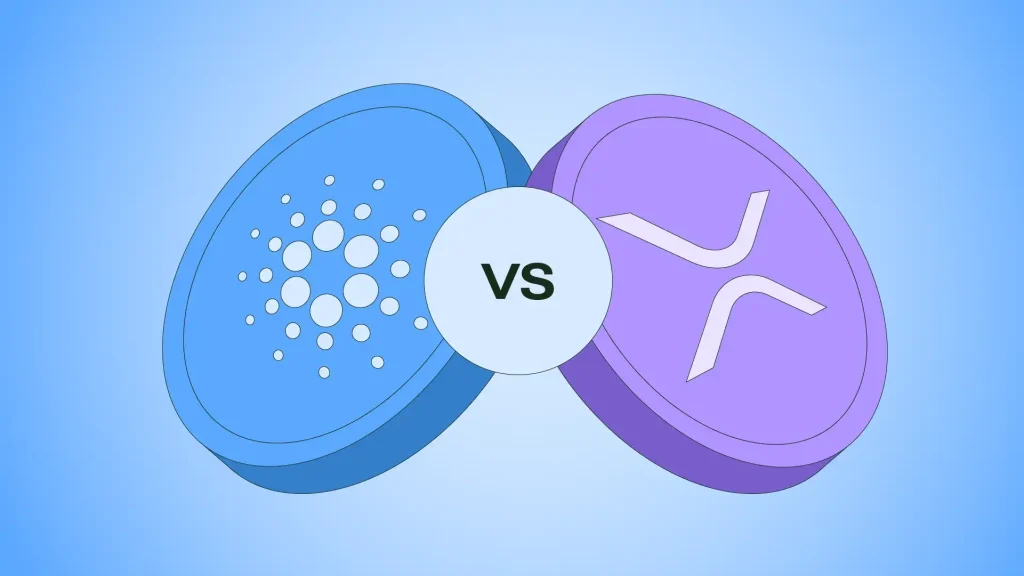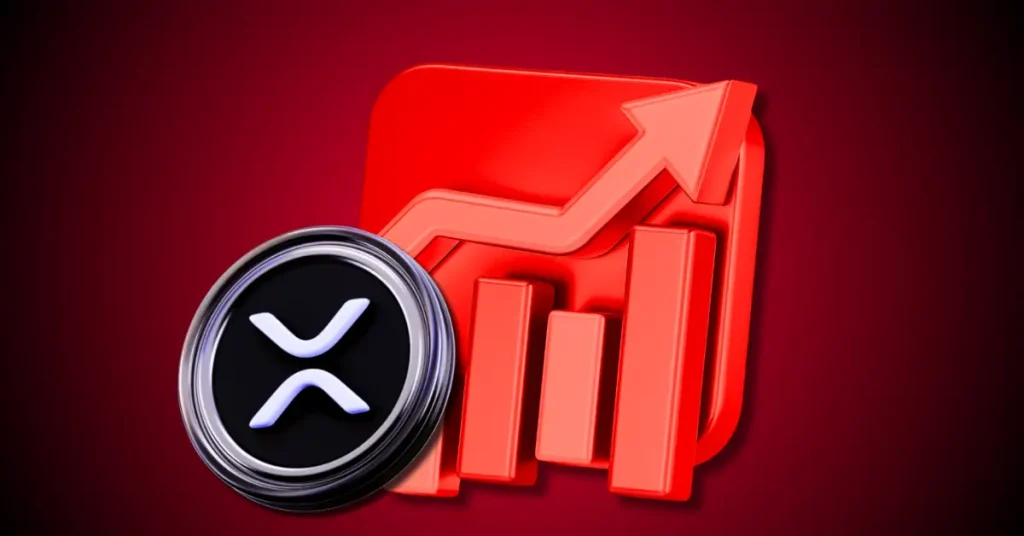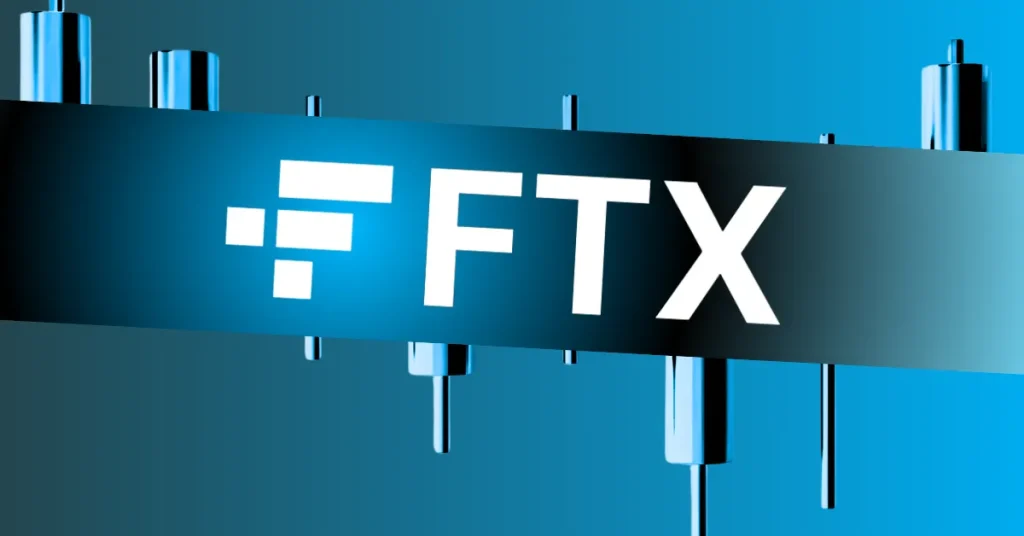
Achieving both safety and convenience
Uphold, which provides the Web3 financial platform, announced on the 7th that it has launched a subsidized self-custody wallet called Vault (beta version).
Vault is a wallet that combines the security of self-custody with the convenience of centralized finance (CeFi), and aims to be easy to use for the general public. First of all, it supports the crypto asset (virtual currency) XRP, and explained that it will support more stocks in the future.
Uphold Vault is 𝗛𝗘𝗥𝗘  #UpholdVault is our state-of-the-art assisted self-custody solution, built to keep your assets secure & protect against private key loss
#UpholdVault is our state-of-the-art assisted self-custody solution, built to keep your assets secure & protect against private key loss 
Here’s a brief overview: pic.twitter.com/ZKC29Gi6ui
— Uphold (@UpholdInc) December 7, 2023
connection: Ripple partners with Uphold to strengthen virtual currency liquidity
What is a self-custody wallet?
A wallet that you use to manage your own private keys and hold assets, rather than an exchange. It is also called “self-hosted” or “self-managed”.
 Virtual currency glossary
Virtual currency glossary
The company is registered with regulatory bodies such as the United States and the United Kingdom, and operates in over 184 countries, according to its official website. It provides services that allow you to purchase over 200 financial products, including not only virtual currency but also gold and legal currency.
On the other hand, the top page of the official website focuses on virtual currencies, and the conventional service allows you to trade many stocks such as Bitcoin (BTC) and Ethereum (ETH) in addition to XRP.
Regarding the newly released Vault, the company explains that it plans to support Bitcoin next in the first quarter of 2024 (January to March).
connection: Private key management for Web3 companies, DJT executive officer talks about issues and solutions | WebX
Vault features
When it comes to self-custody wallets for virtual currency, there are many voices saying that Web3’s unique practices, such as private key management, are hindering the spread of virtual currency. One of Vault’s main goals is to lower the barrier to entry into cryptocurrencies.
For example, previously, if you lost your private key, you could no longer access your assets, but Vault now allows you to “exchange keys.” This feature allows users to regain access to their assets even if they lose their private keys.
connection: Ledger launches private key recovery service, with concerns about backdoors
Vault is a multisig wallet where two of the three keys are owned by the user and the other is owned by Uphold. The keys owned by Uphold are used simply to co-sign transactions made by users and for key exchange.
Even if you lose access to Uphold for some reason, you can move your assets on the blockchain at any time by combining the two keys with Uphold’s tools.
The CEO of Uphold Labs commented on the announcement as follows:
Encrypted networks have been designed to require no permissions or intermediaries. Digital self-sovereignty is a fundamental right.
Vault gives ownership and control of personal assets to owners, allowing them to access the new Web3 world with autonomy, security, and certainty.
The usage fee for Vault is $50 a year (approximately 7,100 yen). Demand for self-custody wallets has been increasing, especially after the collapse of FTX.
connection: Self-managed hardware wallet hits record weekly sales
The post Uphold launches auxiliary self-custody wallet, first supporting virtual currency XRP appeared first on Our Bitcoin News.

 1 year ago
160
1 year ago
160














 English (US) ·
English (US) ·